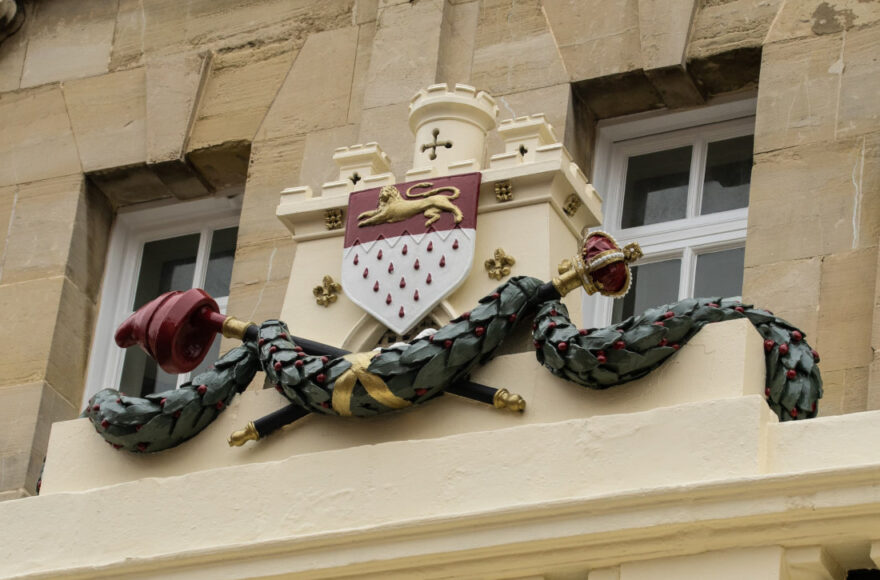To establish a clinical negligence claim you must prove negligence on the part of the medical practitioner, that the injury resulted from this negligence, and that the injury has a monetary value.
Consider the following scenario: my 80-year-old client visited her general practitioner with a sore right eye and was advised she had conjunctivitis. She thought this was incorrect as she had suffered conjunctivitis before and this felt different; nevertheless she used the prescribed eye-drops. Having not improved 36 hours later, she returned to her doctor’s surgery but was again sent away by her GP who told her the medication should be allowed time to take effect. She returned to the GP practice the next afternoon and was seen by another GP who made an emergency referral to the local hospital as my client had now begun to suffer a loss of vision and was feeling unwell. At hospital she was diagnosed with acute angle-closure glaucoma and, although she received prompt treatment, she suffered permanent loss of vision in her affected eye.
My client felt that, as her GP had misdiagnosed her condition and she had lost sight in one of her eyes, she had a pretty strong claim. Initially, I was inclined to agree with her so I investigated her claim. Unfortunately, the expert evidence I obtained indicated that although my client’s GP had misdiagnosed her condition as conjunctivitis, in the absence of other tell-tale symptoms it was not unreasonable to reach this diagnosis and treat her accordingly.
Furthermore, acute angle-closure glaucoma is so rare that it would understandably not have been considered on each of the first two occasions my client consulted her GP. Unfortunately for my client, acute angle-closure glaucoma develops and progresses so rapidly that unless she had been referred to a specialist within 24 hours she was always going to suffer some injury – the delay in her referral impacted only the extent of that injury.
So although the diagnosis was wrong and the outcome devastating, the misdiagnosis was non-negligent. My client’s claim fell at the first stage but serves as a particularly apt, if inequitable reminder, that even those clinical negligence claims that at the outset appear straightforward are not easy to prove.
If you believe you have suffered clinical negligence the George Ide team may be able to help you – contact us in confidence for an initial consultation.
James Hawke. Solicitor & Head of clinical negligence
Contact Our Friendly Legal Experts Today
For general enquiries or to discuss more specific needs in personal or commercial law please get in touch with a friendly member of our team today.
Latest News

All You Need to Know About Contentious Probate

Myth busting Mediation - What is it, and how can it help?

Your Quick Guide to End of Year Tax Planning

Court Claims & the Limitation Period

How the Court of Protection Works and the Role of a Deputy








